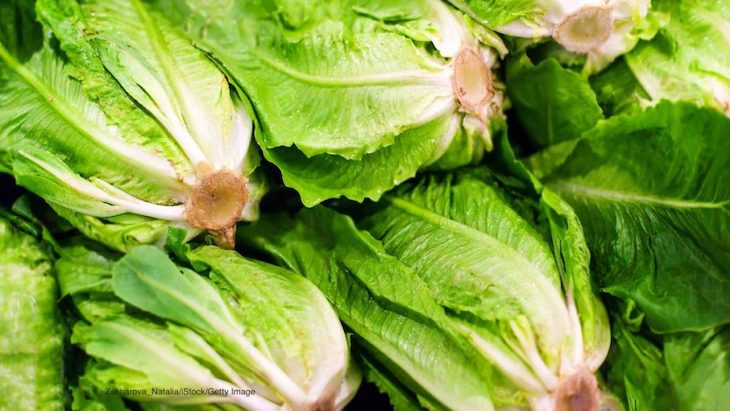FDA’s Commissioner Dr. Scott Gottlieb and Deputy Commissioner Frank Yiannas have addressed advancing new tools and science for produce safety via agricultural water, and have set new dates for implementation. The two E. coli O157:H7 outbreaks that were linked to romaine lettuce in 2018 were allegedly caused by contaminated agricultural water.

In early 2018, 210 people were sickened in an E. coli O157:H7 outbreak linked to romaine lettuce grown in the Yuma, Arizona region of the country. Ninety-six people were hospitalized, and 27 developed hemolytic uremic syndrome (HUS), which can cause kidney failure. Five people died. This outbreak was the largest of its kind since 2006. The outbreak strain was found in canal water in the area.
And in late 2018, romaine lettuce grown in Central California was linked to an E. coli O157:H7 outbreak that sickened 62 people in 10 states. Twenty-five people were hospitalized, and two developed HUS. An investigation found the outbreak strain of bacteria in sediment in a water reservoir on the farm.
Because farmers can use many different sources of water, including wells and surface water sources such as ponds, rivers, canals, and creeks, it can be difficult to discover where these pathogens originate.
The Produce Safety Rule, part of the Food Safety Modernization Act of 2011, includes agricultural water requirements for produce. FDA has identified areas of the requirements that may need refine ness or exploitation. One of the issues is that the requirements need to be strong enough to prevent more outbreaks, but practical so they can be implemented.
The compliance dates for the agricultural water requirements were delayed in September 2017. Food safety advocates criticized this plan.
Now the FDA is announcing a final rule to extend compliance dates. Large farms will have to be compliant in January 2022. Small farms must comply by January 2023, and very small farms in 2024. The FDA is “committed to this schedule,” according to the statement.
The FDA is claiming that these extensions “will allow the FDA and the produce industry to apply lessons learned from these recent outbreaks and adopt the best thinking as we continue to build upon our nation’s food safety practices.”




